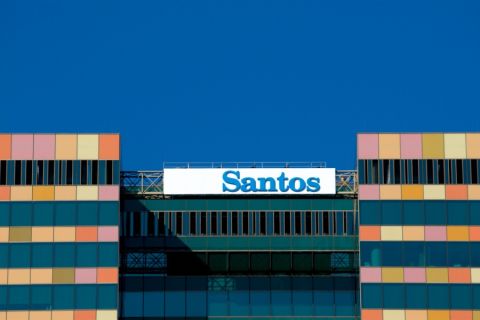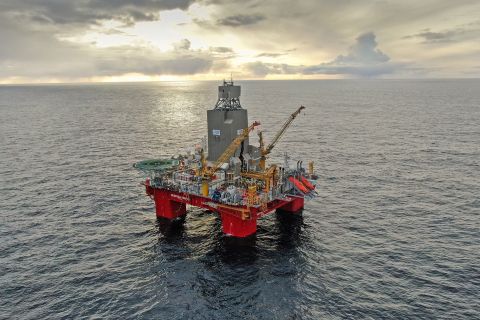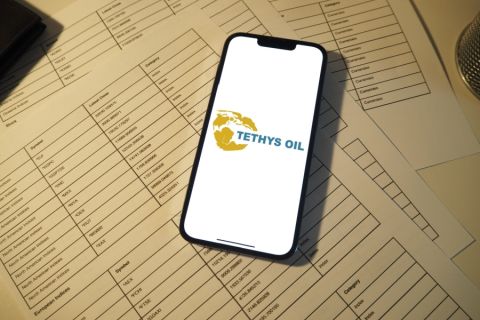There's a land rush going on in Canada, but it's not in the Arctic. Companies that plan to head to the Far North may capture a lot of headlines, but a big land grab now under way in Alberta should not be ignored. High oil and natural gas prices are fueling a frenzy of land buying in the province. "There's a feeling that, boy, if we don't get the land now there's not going to be much Crown land available in a year or two," Steve Savidant, chief executive of Canadian Hunter Exploration Ltd., told reporters earlier this year. His words were prophetic, especially in light of recent activity. A sale in mid-July was one of the largest in Alberta history, both in terms of land bought and the amount of money, or "bonus," paid. Producers and landbrokers anted up C$125.54 million to buy almost 789,500 acres, working out to an average of C$159 per acre. It was the highest bonus in the province's history; the previous record was C$102.41 million, set last year. According to Alberta Resource Development, the provincial ministry which oversees the petroleum sector, three of the top four land sales in the past 22 years took place between mid-May and mid-July 2001. Alberta collected C$370.2 million in the first quarter of the fiscal year ending March 31, 2002, putting it well ahead of projections to take in C$845 million for the 12-month period. At the first sale of July, properties in the Simonette area of northwest Alberta were particularly hot. The region, where the Canadian subsidiary of Chevron Corp. made one of the biggest oil finds in the past decade in Canada, garnered bids worth almost C$35 million, representing 27% of the bonus. The highest bid at the mid-July sale was C$5.19 million for a Simonette-area parcel, allowing exploration of deeper gas rights below the Cretaceous Bluesky horizon. The bid, submitted by Western Lands Services Co., works out to C$551.64 per acre. Marie O'Neill, secretary-treasury of Western Land and a 30-year veteran of the industry, attributes the boom to producers with bulging wallets from strong first-half commodity prices. "A lot of companies out there have money," she says. "Everybody wants to get as much land as possible." Alberta's provincial government is using the windfall to help score political points by maintaining a budget surplus despite hefty injections of cash into health and education initiatives. There may be some relief on the horizon for producers, who have little choice but to put up the big bucks or risk getting frozen out of future prospects. Oil-patch consolidation, which has essentially wiped out the intermediate tier of Canadian producers, could mean less of a land-buying binge down the road, says a leading Canadian executive. "We will feel the effects of less competition in areas like land," says David Tuer, chief executive of PanCanadian Petroleum Ltd. "There won't be that heated fever around land sales that we still experience today."
Recommended Reading
Santos’ Pikka Phase 1 in Alaska to Deliver First Oil by 2026
2024-04-18 - Australia's Santos expects first oil to flow from the 80,000 bbl/d Pikka Phase 1 project in Alaska by 2026, diversifying Santos' portfolio and reducing geographic concentration risk.
Iraq to Seek Bids for Oil, Gas Contracts April 27
2024-04-18 - Iraq will auction 30 new oil and gas projects in two licensing rounds distributed across the country.
Vår Energi Hits Oil with Ringhorne North
2024-04-17 - Vår Energi’s North Sea discovery de-risks drilling prospects in the area and could be tied back to Balder area infrastructure.
Tethys Oil Releases March Production Results
2024-04-17 - Tethys Oil said the official selling price of its Oman Export Blend oil was $78.75/bbl.
Exxon Mobil Guyana Awards Two Contracts for its Whiptail Project
2024-04-16 - Exxon Mobil Guyana awarded Strohm and TechnipFMC with contracts for its Whiptail Project located offshore in Guyana’s Stabroek Block.




